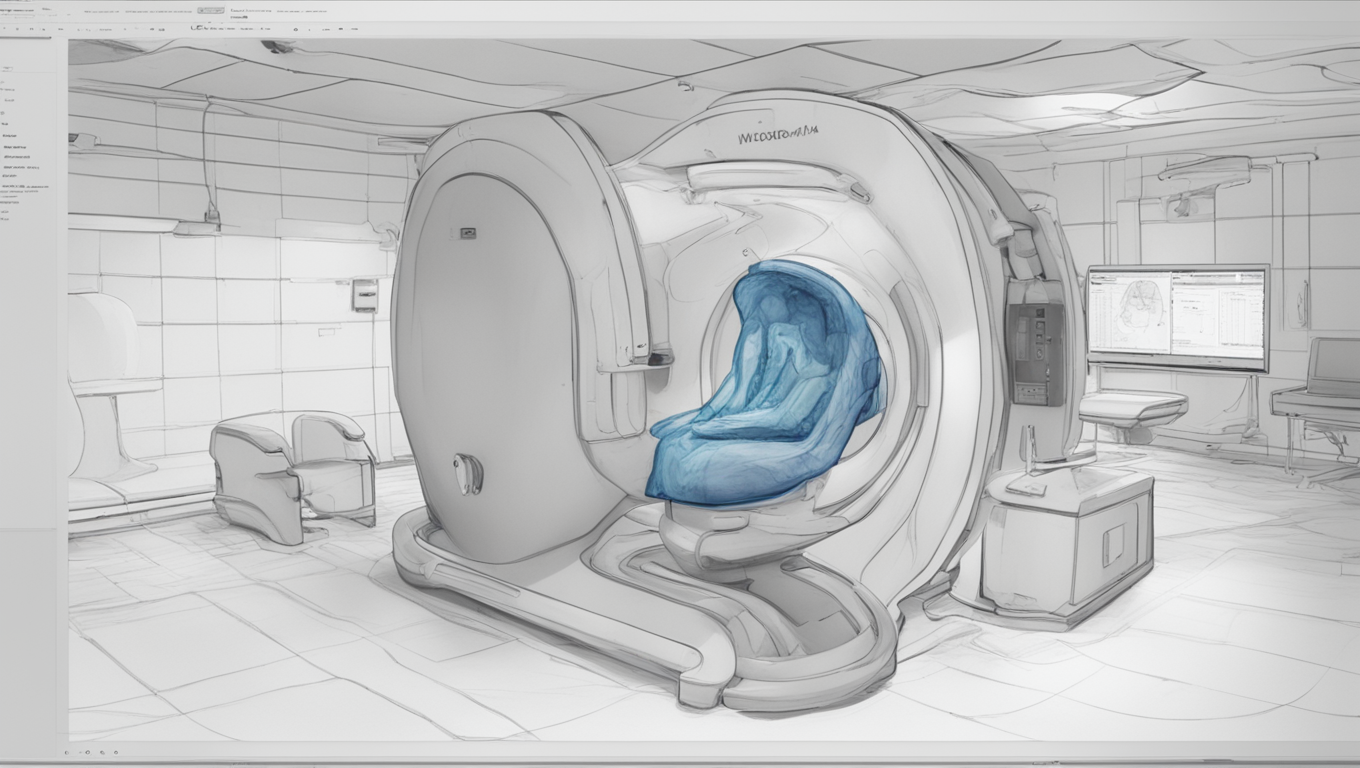A groundbreaking advancement in the field of cancer detection has emerged with Macmillan Cancer Support’s recent investment in Lucida Medical, a University of Cambridge spin-out company. Lucida Medical has developed Pi, a platform that uses artificial intelligence (AI) to detect cases of prostate cancer from MRI scans. With a generous backing of £350,100 from Macmillan Cancer Support, Lucida Medical is set to revolutionize the way prostate cancer is diagnosed.
Prostate cancer is a significant health issue, with around 52,000 men being diagnosed in the UK each year, and 12,000 succumbing to the disease. Traditionally, the diagnosis of prostate cancer has relied on blood tests, MRI scans, and biopsies. However, with the introduction of Pi, the process can now be expedited. Lucida Medical’s CEO, Dr. Antony Rix, emphasizes the importance of early detection and the potential impact that avoiding unnecessary biopsies could have on the healthcare system and patients' lives.
Tanya Humphreys, Director of Innovation at Macmillan Cancer Support, believes that Pi has the potential to transform the diagnosis of prostate cancer. Macmillan estimates that by 2040, there could be one million men living with the disease in the UK. By integrating AI with MRI analysis, Pi offers a level of precision in diagnosis that could greatly enhance the accuracy and efficiency of prostate cancer detection. Consultations with clinicians, cancer patients, and health technology experts have all underscored the potential impact of Lucida’s technology in reducing missed cancers and unnecessary biopsies, ultimately leading to improved patient outcomes and experiences.
Lucida Medical’s co-founder and chief medical officer, Professor Evis Sala, explains that the goal is to provide every radiologist with technology capable of precisely identifying significant cancers. Early detection and treatment can then benefit more patients. Additionally, Pi’s accuracy could help reduce the number of unnecessary investigations for prostate cancer-free individuals, saving costs for the NHS, addressing the radiologist shortage, and minimizing waiting lists.
The potential of AI in healthcare goes beyond merely improving diagnostics. Professor Richard Simcock, Chief Medical Officer at Macmillan Cancer Support, believes that AI has the potential to eliminate thousands of unnecessary biopsies, thus relieving pressure on the NHS workforce and budgets. This advancement would not only spare patients from anxiety and unpleasant treatments but also reduce the risk of dangerous side effects.
Macmillan Cancer Support will actively support the development of Pi through its Innovation Community, which comprises individuals living with cancer. This collaborative effort serves as a testament to the commitment to advancing cancer care in the UK.
With Lucida Medical’s groundbreaking technology and Macmillan Cancer Support’s investment and support, the future of prostate cancer detection looks brighter than ever. The potential impact on patient outcomes, healthcare costs, and the overall experience of individuals with prostate cancer is profound. Lucida Medical’s Pi has the potential to transform the way prostate cancer is diagnosed, saving lives and improving the quality of care for patients across the UK.





Use the share button below if you liked it.